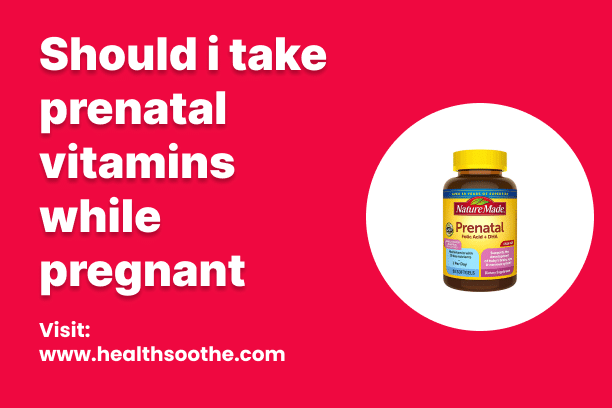Table of Contents
During pregnancy, obtaining most of the necessary vitamins and minerals can be achieved through a balanced and diverse diet. However, it is essential to supplement with folic acid and vitamin D.
Maintaining a nutritious and diverse diet while pregnant ensures adequate intake of essential vitamins and minerals.
In pregnancy, or when there’s a possibility of becoming pregnant, it’s crucial to include a folic acid supplement in your regimen.
Folic acid before and during pregnancy
It is crucial to consume a 400 micrograms folic acid tablet daily before conception and up to the 12th week of pregnancy.
Folic acid plays a vital role in preventing neural tube defects, such as spina bifida.
If you didn’t take folic acid prior to conception, it’s advisable to commence supplementation as soon as pregnancy is confirmed.
Incorporating green leafy vegetables rich in folate (the natural form of folic acid), as well as breakfast cereals and fat spreads fortified with folic acid, into your diet is recommended.
Achieving the recommended folate intake for a healthy pregnancy solely through dietary sources can be challenging, underscoring the importance of folic acid supplementation.
Higher-dose folic acid
If there’s an elevated risk of neural tube defects affecting your pregnancy, you may be advised to take a higher dosage of folic acid, typically 5 milligrams daily, until the 12th week of pregnancy.
Factors that might increase your risk include:
- If you or the biological father of the baby have a history of neural tube defects.
- If there’s a family history of neural tube defects.
- If a previous pregnancy was affected by a neural tube defect.
- If you have diabetes.
- If you’re taking anti-epilepsy medication.
- If you’re taking anti-retroviral medication for HIV.
If any of these factors apply to you, it’s important to consult with a GP. They can prescribe the appropriate higher dose of folic acid.
Additionally, your GP or midwife might recommend further screening tests during your pregnancy. These measures aim to ensure the health and well-being of both you and your baby.
Read Also: Vitamin C Liposomal for Skin: The Benefits and How to Use It
Vitamin D in pregnancy
To maintain healthy bones, teeth, and muscles, it’s recommended that individuals consume 10 micrograms of vitamin D daily. For pregnant and breastfeeding women, it’s advised to take a daily supplement containing this amount between September and March.
Vitamin D plays a crucial role in regulating calcium and phosphate levels in the body, which are essential for bone, teeth, and muscle health. Our bodies naturally produce vitamin D when exposed to sunlight during the summer months (from late March/early April to the end of September).
However, between September and March, sunlight exposure may not be sufficient for the body to produce an adequate amount of vitamin D, hence the recommendation for supplementation during these months.
Foods rich in vitamin D include oily fish (such as salmon, mackerel, herring, and sardines), eggs, and red meat. Some breakfast cereals, fat spreads, and non-dairy milk alternatives are also fortified with vitamin D, although the levels may vary.
Since vitamin D is naturally present in limited food sources and added to few products, it can be challenging to obtain enough from diet alone.
It’s important not to exceed 100 micrograms (4,000 IU) of vitamin D per day, as excessive intake can be harmful.
Pregnant or breastfeeding individuals who qualify for the Healthy Start scheme can receive vitamin supplements containing vitamin D free of charge.
Regarding claims about vitamin D reducing the risk of COVID-19, there isn’t enough evidence to support taking vitamin D solely for the prevention or treatment of the coronavirus.
Iron in pregnancy
Insufficient iron levels can lead to fatigue and may result in anaemia.
Iron-rich foods include lean meat, green leafy vegetables, dried fruit, and nuts.
During pregnancy, consuming peanuts or peanut-containing foods, like peanut butter, is acceptable within a healthy, balanced diet unless you have an allergy or your healthcare provider advises otherwise.
Numerous breakfast cereals are fortified with iron. If your blood iron levels drop, your GP or midwife may recommend iron supplements.





More Stories
Punching Through History: A Spotlight on Boxing Culture in England’s Reading
The Link Between Vitamin E Intake and Parkinson’s Disease
Tips and Techniques for Moving Past Binge Drinking